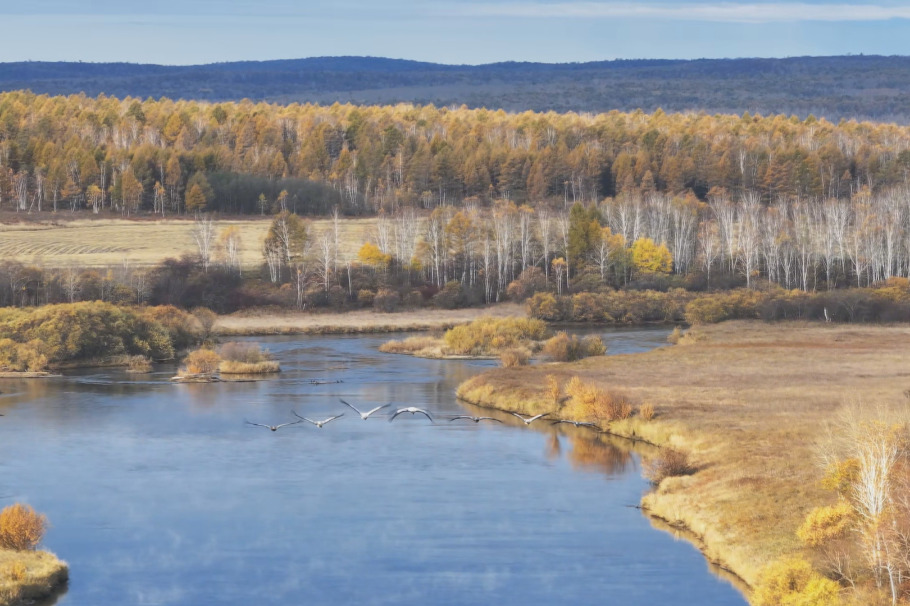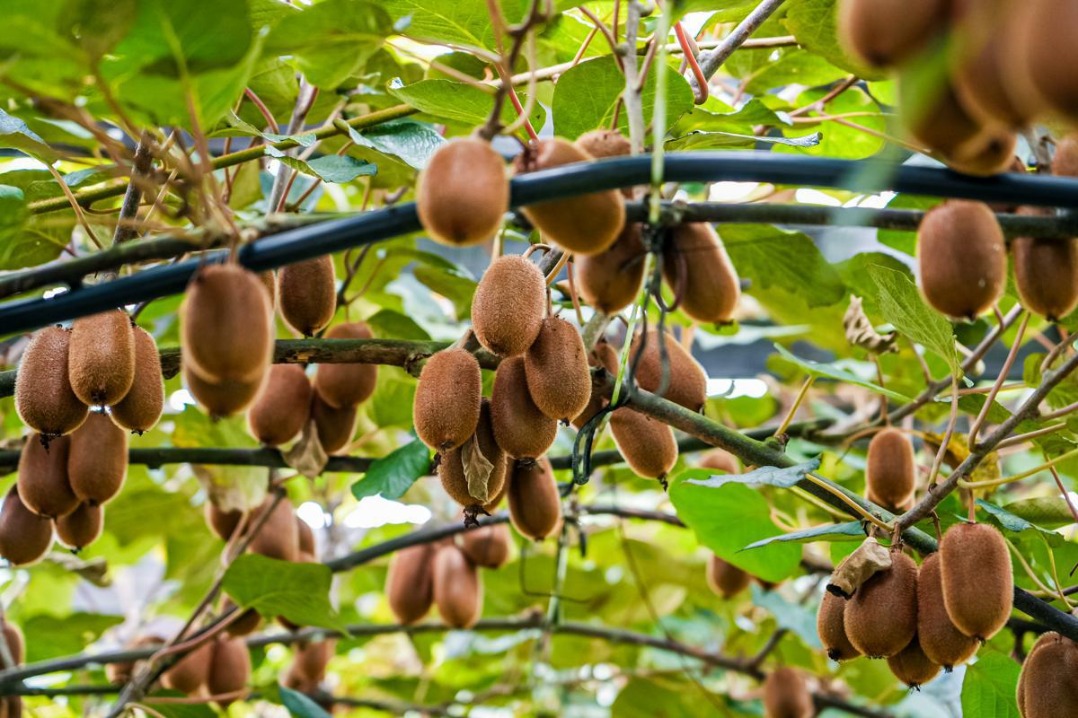Water a precious commodity in Xinjiang's Qira county


Turning on a faucet is as easy as winking for urban residents, but for people in Qira county, Xinjiang Uygur autonomous region, it took three decades of effort.
Qira faced a water shortage because of its location near the Taklimakan Desert. For a long time, natives had to dig huge holes in the ground to collect rainwater for daily use, or melt ice and snow. The poor water quality caused great difficulties in old days, including an elevated incidence of disease.
Rajap Kasim, 68, a resident of Akkul village in Qira, said the water from the holes tasted bitter, salty and earthy. "We had to travel a long way to get this kind of water, and use a donkey cart to carry it back," he said. The supply was even more scant in winter, and little could be saved for personal showers or washing clothes.
In 1960, Qira decided to develop a water conservancy project 86.3 kilometers long, aiming to provide a stable supply of safe, clean water for locals. Work was completed in 1990.
- China sends new navy fleet on escort mission in Gulf of Aden, waters near Somalia
- Marxist classics compilation yields fruitful results in China
- China's water governance achievements
- Chinese vice-premier stresses efforts to consolidate poverty alleviation achievements
- Number of registered Nanjing Massacre survivors falls to 24
- Former official of sports body under investigation





































